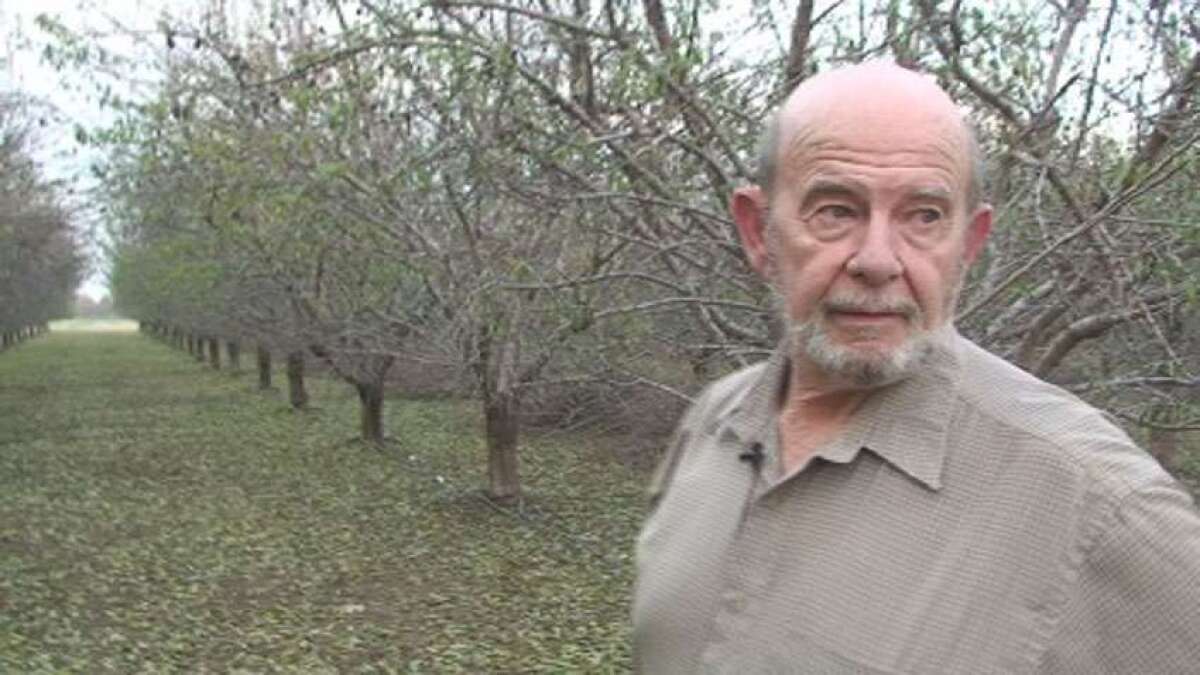A judge has refused effort to block spending on Californiaâs bullet train

The California bullet train dodged another legal bullet Tuesday when a Sacramento Superior Court judge tentatively rejected a request to stop the state rail agency from spending bond money approved by voters in 2008.
Opponents of the project sought an injunction to keep the agency from spending the money to build a 119-mile segment of track in the Central Valley, arguing that legislators changed the bond actâs language, making use of the funds unconstitutional.
Judge Raymond M. Cadeiâs tentative ruling did not decide on the constitutionality of the legislation that was passed last year, but said blocking the money could hurt Californians and that the opponents brought their suit at the wrong time.
An injunction could significantly harm the state and the public interest.
— Raymond M. Cadei, Superior Court Judge
âAn injunction could significantly harm the state and the public interest,â he wrote in a 17-page ruling. Cadei noted that if the state cannot access the bond dollars, it may have to forfeit and return billions of dollars in federal grants that require matching funds.
In the 2008 bond act, the Legislature created a number of taxpayer protections, including ones aimed at preventing the project from starting construction without having enough money to complete at least a partial operating system to carry passengers.
Any segment that was started had to be âsuitable and readyâ for high-speed rail operations, the bond act said. The Legislature last year âclarifiedâ the meaning of that language so that such a segment could be deemed suitable and ready even if it relied on additional money the rail authority would spend later.
Cadeiâs ruling closely examines arcane legal issues, but does not directly address the intent of preventing a project from getting only partially built and whether the legislation would affect such an outcome.
But the judge left open some grounds for continuing the suit on the constitutionality issue, rejecting the rail authorityâs argument that the Legislature has the power to materially change the meaning of the bond act.
The ruling clears the way for the rail authority to tap the bonds, some of which were sold last week.
The project is building bridges, viaducts, trenches and other structures in and around Fresno, part of the 119-miles from Madera to Shafter. The project is years behind schedule and over budget.
The tentative ruling covers three legal motions under the civil case. Oral arguments are scheduled for Wednesday morning, leaving the possibility that Cadei could change his mind.
The rail authority has survived several legal challenges and won rulings on appeals, though the litigation has contributed to delays and increased the projectâs costs.
The rail authority did not comment on the tentative ruling, noting that oral arguments are still scheduled.
The suit was brought by farmer John Tos, Kings County, the Town of Atherton, former rail authority Chairman Quentin Kopp, the Community Coalition on High-Speed Rail, the Transportation Solutions Defense and Education Fund and the California Rail Foundation, among others.
Follow me on Twitter @rvartabedian
ALSO
Head of Californiaâs $64-billion bullet train project is stepping down
The price of safety on Californiaâs bullet train is only now becoming apparent
More to Read
Sign up for Essential California
The most important California stories and recommendations in your inbox every morning.
You may occasionally receive promotional content from the Los Angeles Times.











